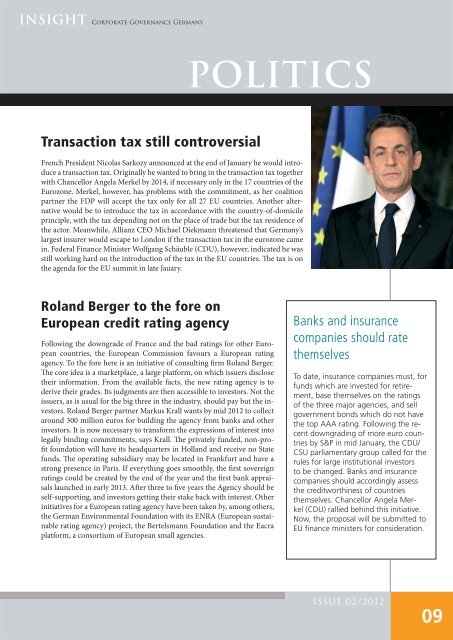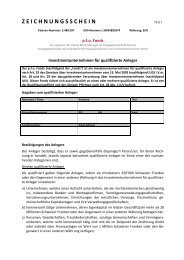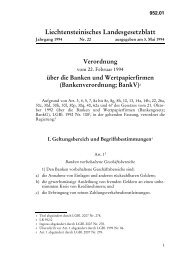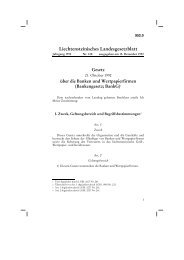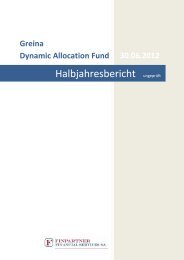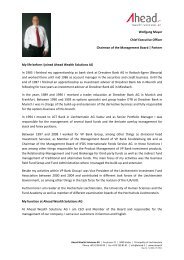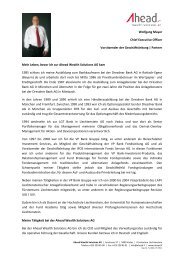iNSiGht - Intro
iNSiGht - Intro
iNSiGht - Intro
You also want an ePaper? Increase the reach of your titles
YUMPU automatically turns print PDFs into web optimized ePapers that Google loves.
insight corporate Governance Germany<br />
Transaction tax still controversial<br />
French President Nicolas Sarkozy announced at the end of January he would introduce<br />
a transaction tax. Originally he wanted to bring in the transaction tax together<br />
with Chancellor Angela Merkel by 2014, if necessary only in the 17 countries of the<br />
Eurozone. Merkel, however, has problems with the commitment, as her coalition<br />
partner the FDP will accept the tax only for all 27 EU countries. Another alternative<br />
would be to introduce the tax in accordance with the country-of-domicile<br />
principle, with the tax depending not on the place of trade but the tax residence of<br />
the actor. Meanwhile, Allianz CEO Michael Diekmann threatened that Germany’s<br />
largest insurer would escape to London if the transaction tax in the eurozone came<br />
in. Federal Finance Minister Wolfgang Schäuble (CDU), however, indicated he was<br />
still working hard on the introduction of the tax in the EU countries. The tax is on<br />
the agenda for the EU summit in late Jauary.<br />
Roland Berger to the fore on<br />
European credit rating agency<br />
Following the downgrade of France and the bad ratings for other European<br />
countries, the European Commission favours a European rating<br />
agency. To the fore here is an initiative of consulting firm Roland Berger.<br />
The core idea is a marketplace, a large platform, on which issuers disclose<br />
their information. From the available facts, the new rating agency is to<br />
derive their grades. Its judgments are then accessible to investors. Not the<br />
issuers, as is usual for the big three in the industry, should pay but the investors.<br />
Roland Berger partner Markus Krall wants by mid 2012 to collect<br />
around 300 million euros for building the agency from banks and other<br />
investors. It is now necessary to transform the expressions of interest into<br />
legally binding commitments, says Krall. The privately funded, non-profit<br />
foundation will have its headquarters in Holland and receive no State<br />
funds. The operating subsidiary may be located in Frankfurt and have a<br />
strong presence in Paris. If everything goes smoothly, the first sovereign<br />
ratings could be created by the end of the year and the first bank appraisals<br />
launched in early 2013. After three to five years the Agency should be<br />
self-supporting, and investors getting their stake back with interest. Other<br />
initiatives for a European rating agency have been taken by, among others,<br />
the German Environmental Foundation with its ENRA (European sustainable<br />
rating agency) project, the Bertelsmann Foundation and the Eacra<br />
platform, a consortium of European small agencies.<br />
POLitiCs<br />
Banks and insurance<br />
companies should rate<br />
themselves<br />
To date, insurance companies must, for<br />
funds which are invested for retirement,<br />
base themselves on the ratings<br />
of the three major agencies, and sell<br />
government bonds which do not have<br />
the top AAA rating. Following the recent<br />
downgrading of more euro countries<br />
by S&P in mid January, the CDU/<br />
CSU parliamentary group called for the<br />
rules for large institutional investors<br />
to be changed. Banks and insurance<br />
companies should accordingly assess<br />
the creditworthiness of countries<br />
themselves. Chancellor Angela Merkel<br />
(CDU) rallied behind this initiative.<br />
Now, the proposal will be submitted to<br />
EU finance ministers for consideration.<br />
issue 02/2012<br />
09


